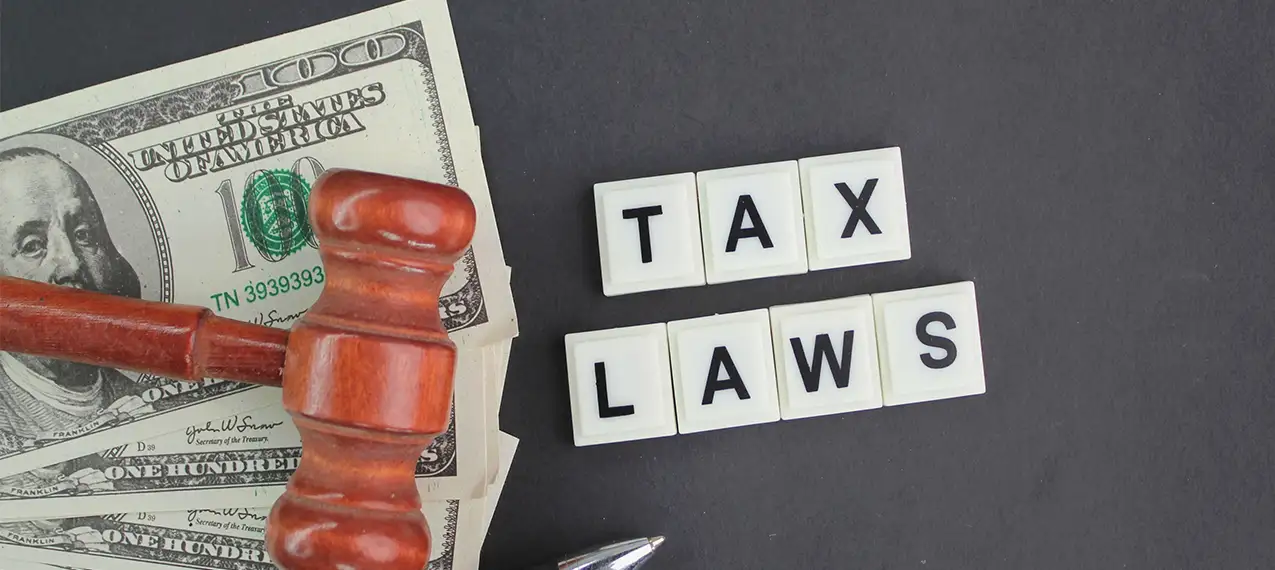
On March 27, Landmark filed a brief urging the Supreme Court to grant the petition for certiorari in Moore v. United States.
You can read the full brief here.
The Moore case carries tremendous implications for the future of American tax law. In their holding below, the Ninth Circuit ignored constitutional provisions that were designed to link taxation to representation. Steamrolling over the Direct Tax Clause, the Apportionment Clause, and the realization requirement of the Sixteenth Amendment, the Ninth Circuit ruled that the Petitioners, Charles and Kathleen Moore, were subject to an income tax – despite the fact they had never realized income.
In 2017, Congress passed the Tax Cuts and Jobs Act (“TCJA”), which included a Mandatory Repatriation Tax (“MRT”). The MRT was intended as a one-time “fix” to recoup revenue from offshore corporations, as the tax laws changed from a world-wide system of taxation to a U.S.-based system. However, the MRT did not merely tax investors’ income. It assessed a tax on the balance sheet of a corporation, relative to the investor’s share in that company. For illiquid taxpayers with minimal control over a company’s assets, such a tax would wreak palpably unfair effects.
The Moores had been longtime investors in a foreign company called KisanKraft, which is devoted to providing cheap equipment for low-income farmers in India. The Moores saw their investment almost as a charitable act. They never received any cash distribution in dividends from KisanKraft. Nor had they enjoyed sufficient control of its shares to compel a distribution of dividends. Nevertheless, the MRT was assessed on the Moores for their 11% stake of ownership in the company.
Despite never seeing any income in their own accounts, the Moores were hit with an income tax bill for nearly $15,000, so they challenged this tax in the federal courts.1 Unfortunately, both the Western District of Washington and Ninth Circuit of Appeals upheld the MRT. Essentially, these courts argued that the MRT served a “legitimate legislative purpose,” merely “accelerating” the time at which the Moores would be taxed for repatriating their investments. Moreover, they argued that “whether the taxpayer has realized income does not determine whether a tax is constitutional.” This claim goes against over a century of Supreme Court precedent.2
Were the Ninth Circuit’s opinion allowed to stand, a left-leaning Congress could be emboldened to enact broader wealth taxes directly on taxpayers. Many scholars in the legal academy already believe that the courts should erase the realization requirement for income. If the Supreme Court allows the Ninth Circuit’s logic to stand, they may claim victory and encourage legislators to the test the waters of eviscerated limits on the taxing power.
It is no secret that the left seeks to institute a national wealth tax. President Biden’s latest budget proposal would “require[e] the wealthiest Americans to pay at least 25% on all their income, including appreciated assets.” Senator Elizabeth Warren has proposed a 2% to 3% “on the net worth of households and trusts” that exceed a certain threshold. And similar bills have been proposed in the House of Representatives.
These plans would cost taxpayers billions of dollars and could ignite a nationwide liquidity crisis. More importantly, if evaluated honestly against Supreme Court precedent, taxes on unrealized gains would represent a grievous intrusion against the Constitution.
Due to the extensive length of the briefing schedule, the Court may not decide to hear the case until their next term begins in October, 2023. However, if Moore reaches the merits stage, we look forward to filing another brief expanding on our arguments here.
1 You can also learn more about Mr. Moore’s story from this video here.
2 See Eisner v. Macomber, 252 U.S. 189 (1920) and Glenshaw Glass v. Commissioner, 348 U.S. 426 (1955).
SUPPORT LANDMARK LEGAL FOUNDATION
We are truly facing existential threats to our individual rights and liberties, the Constitution, and our national character. If unchallenged, this assault on our very way of life will ruin our great nation. With your financial and moral support, Landmark is not going to let that happen without a fight. Will you join us?





